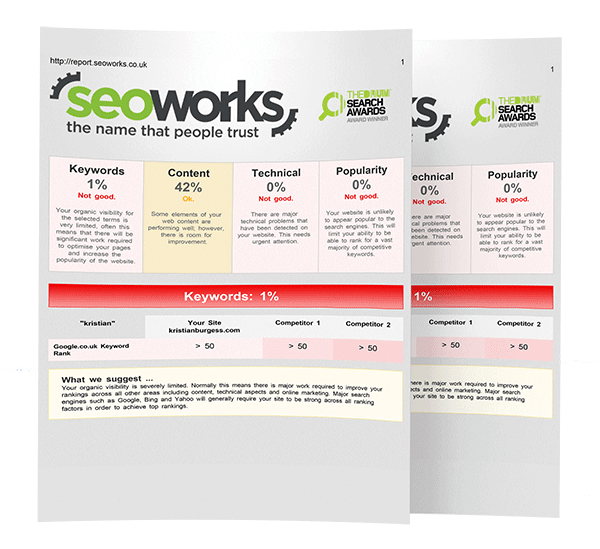The end of Google Authorship
On 28th August Google announced that they will no longer be showing authorship and rich snippets in their search results.
The announcement was made by John Mueller, a Webmaster Trends Analyst at Google, via a Google+ post on the 28th. This isn’t a sudden change of heart though, Authorship has been gradually on the decrease since Pubcon last year where Matt Cutts told us that they would not be showing as many author photo snippets per query.
Then in June 2014, Google stopped showing pictures of authors altogether in the search results, giving authors just a byline on the relevant page. Mueller took to G+ again to advise us that this was a move to make the SERPs more user-friendly for mobile users; with pictures taking us a lot of screen space and bandwidth to show.
Google maintained that this had not caused any significant change in CTR or PPC campaigns and that levels were constant with and without the author’s photo being displayed.
When Google+ was unveiled in 2011 it was supposed to be a universal platform for connecting authors with their content, and by using the ‘rel=”author”‘ markup in their content they could put readers in touch with all their content to improve the user’s experience. Google also hinted that Authorship would be a ranking factor, something that they have maintained since day 1. It could have been a major factor in how some kinds of seo works, by giving higher rankings to expert writers Google could have made Authorship valuable. The problem here is that this could affect the relevance of the SERPs, which Google cannot afford to jeopardise.
In Mueller’s G+ Eulogy of Authorship, he says that it wasn’t as useful as they had hoped and that it can even distract users from the content they are trying to find, hence the reason why they are no longer continuing with Authorship.
One reason it hasn’t worked could have been the low take-up rate of authors who connected their content to their Authorship/G+ profile. A study by Stone Temple Consulting has found that a massive 70% of writers publishing content on the web hadn’t bothered to link the content to their profile. When that amount of people are not having their results affected by authorship, it makes a good reason for doing so a hard sell.
Google needed to make it seriously worthwhile to have Authorship linked to your content, and not just by making it a ranking factor. They needed to either make it compulsory to link your site to your Authorship profile, or give quantifiable benefits over the writers who do not have authorship.
Another reason it may have failed is that it was of little value to users. It was supposed to make it clear that authors were experts in their field, and that their content may be superior and worthy of your time to read. However, Google observed little difference in the traffic of sites with Authorship to those without. Users will always go for the link that they think best answers their query, whether or not the author has an Authorship profile linked to their G+ profile or not.
Unless you were looking for them you probably didn’t even notice that the Authorship links had been removed from Google’s SERPs, making it clear that this venture has not been a success for the search giant.

